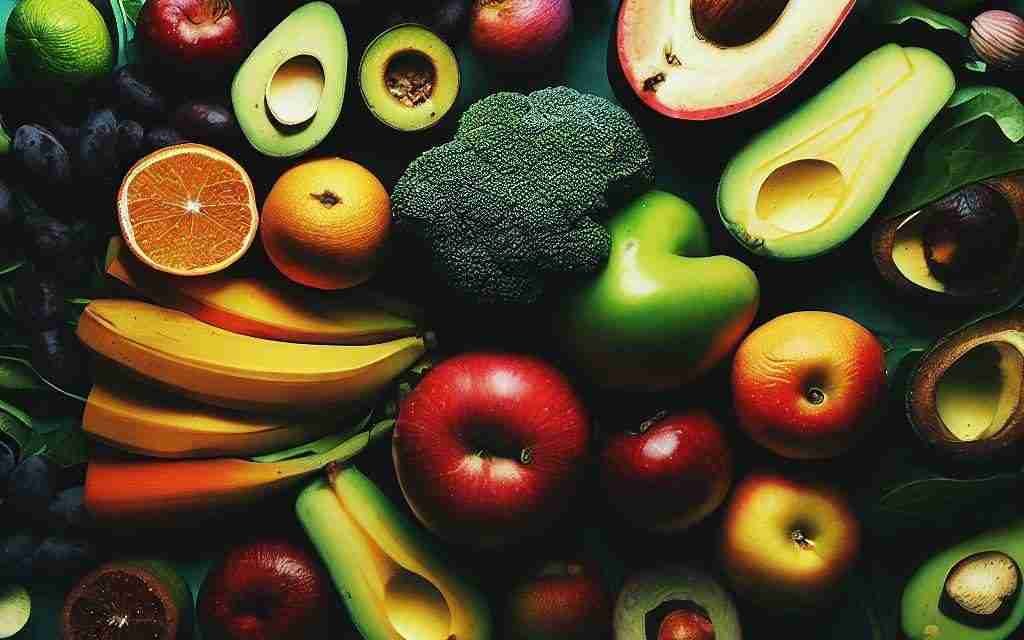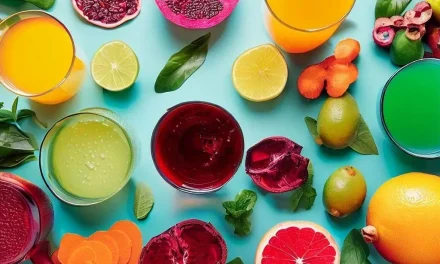Clear Your Arteries: Boosting Cardiovascular Health with Tasty and Nutritious Foods

- Do you ever feel like you can’t keep up with your everyday activities?
- Do you experience shortness of breath when walking or climbing stairs?
- Are you tired, no matter how much you sleep?
These are all symptoms that could indicate clogged arteries, a condition known as atherosclerosis, which is caused by things like smoking, poor diet, stress, and lack of exercise, which damage artery walls and cause plaque buildup, which in turn blocks arteries and prevents oxygen-rich blood from flowing properly, potentially triggering stroke, heart attack, and brain a and limb disease.
Now, while we’re discussing the absolute rockstar foods, when it comes to artery health, it’s important to remember that variety is the spice of life. Tomatoes provide lycopene, beta-carotene, and chlorogenic acid. Berries are rich in antioxidants and low in sugar, and eggs are a filling protein combined with vital trace nutrients.
So by consuming a broad range of whole foods while making sure to include the rockstar foods we’ll discuss, you’re going to be on the right track.
9. Leafy greens
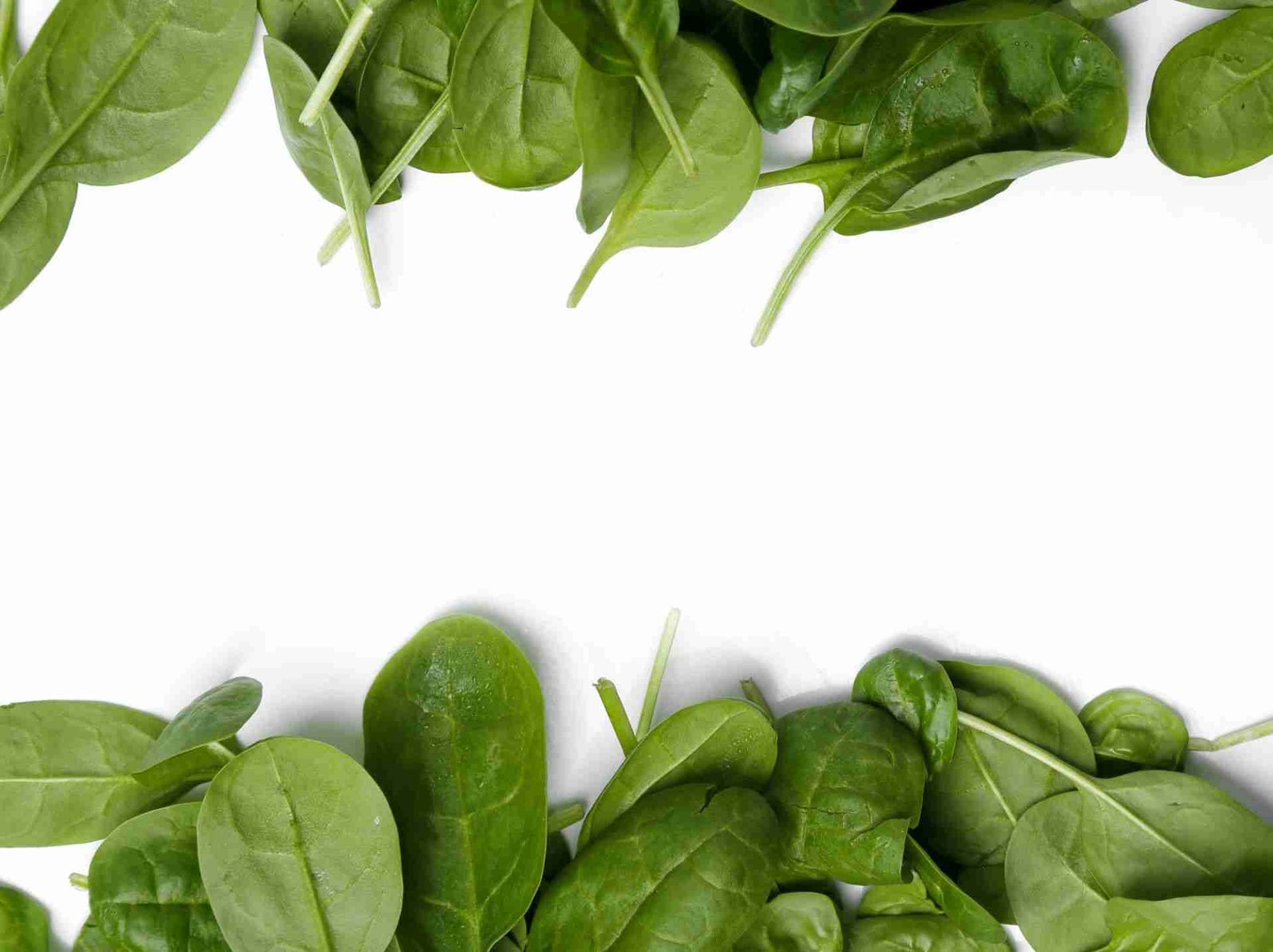
These are among the most nutrient-dense foods, and they are especially beneficial for atherosclerosis. One of the primary benefits of leafy greens is that they are rich in potassium and dietary nitrates, which have a potent effect on reducing calcification of the arteries, preventing inflammation, and supporting healthy blood vessel function.
They also contain essential nutrients like vitamin C, folate, and magnesium. Finally, leafy greens are high in fiber, which is crucial for preventing atherosclerosis.
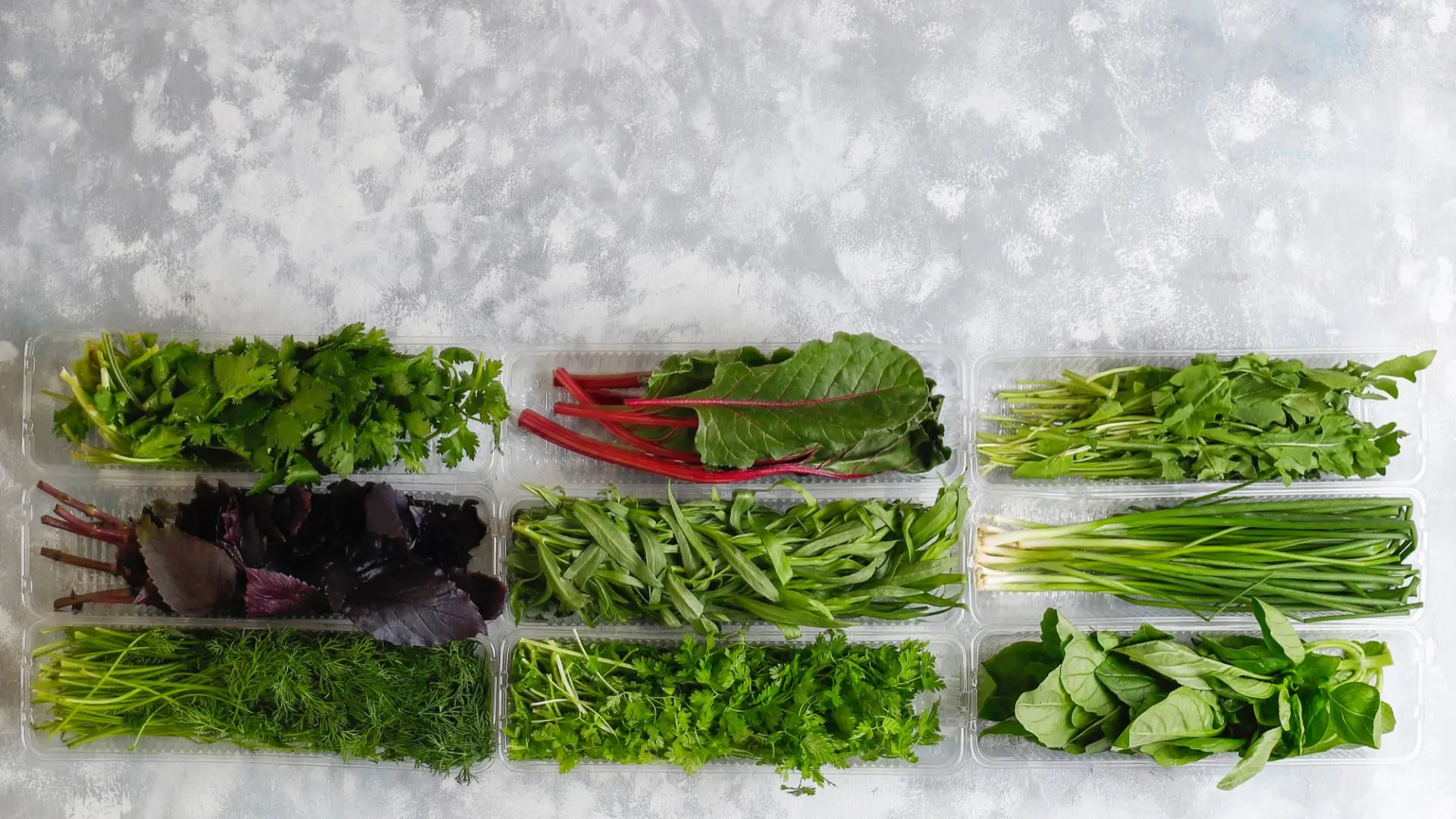
Some of the best leafy greens include kale, spinach, arugula, collard greens, and Swiss chard. These are exceptionally high in vitamin K, which helps keep arteries flexible and healthy while preventing calcification.
A 2021 study published in the Journal of the American Heart Association found that people who consumed the most vitamin K had a 21% lower risk of hospitalization due to atherosclerotic cardiovascular disease compared to those who ate the least.
A daily salad habit is a great way to ensure you’re getting enough, as are green smoothies or adding a few greens to your cooked meals. However, people who take blood thinners, have thyroid problems, kidney stones, or certain medical conditions should consult with a healthcare professional before significantly increasing their consumption.
8. Citrus Fruits
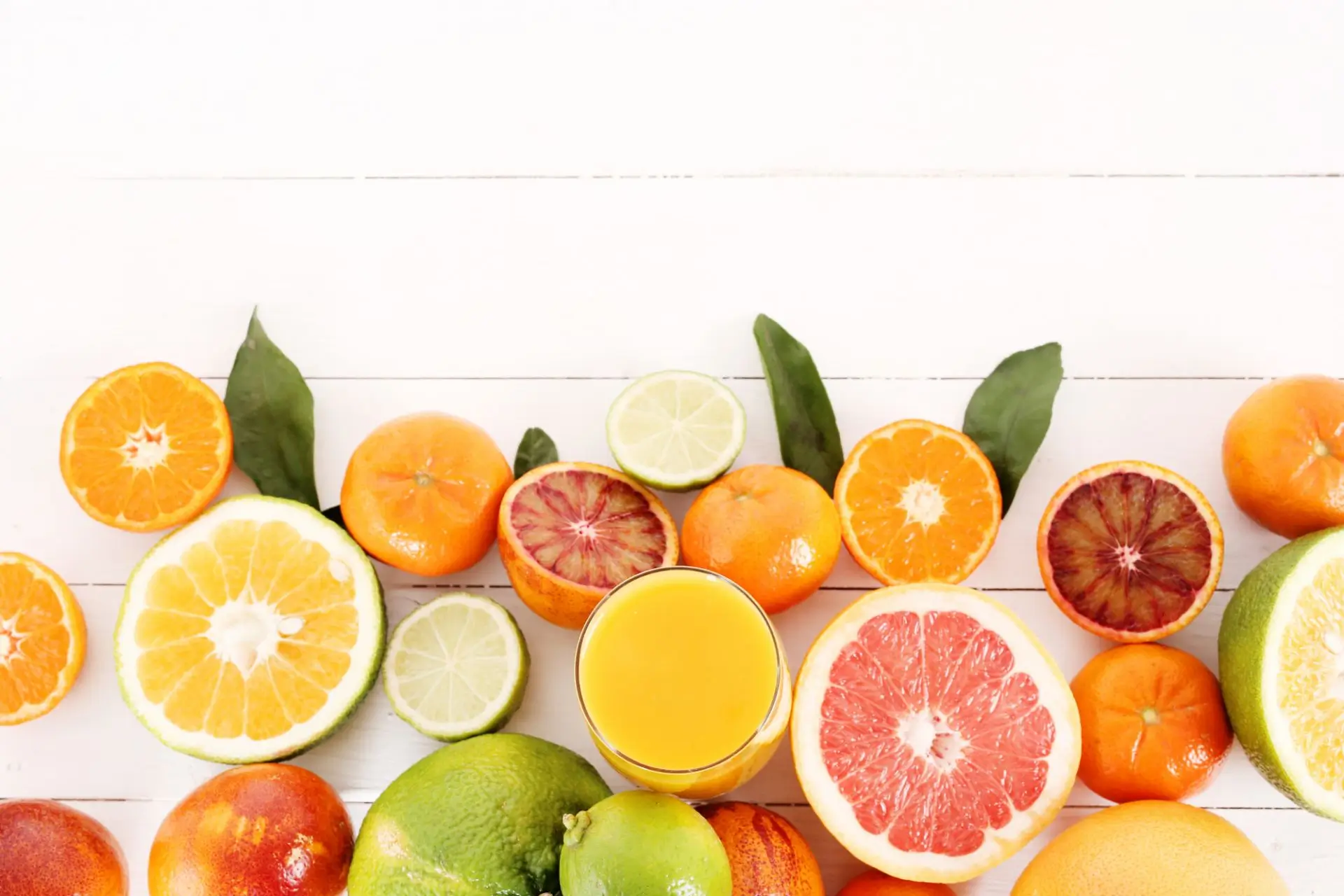
One of these fruits’ primary benefits is their high flavonoid content. These antioxidants can help prevent the oxidation of LDL cholesterol, which is a critical factor in the development of atherosclerosis.
Particularly interesting is the flavonoid Naringin. Research shows that Naringin can be significantly beneficial for treating obesity, diabetes, hypertension, and atherosclerosis.
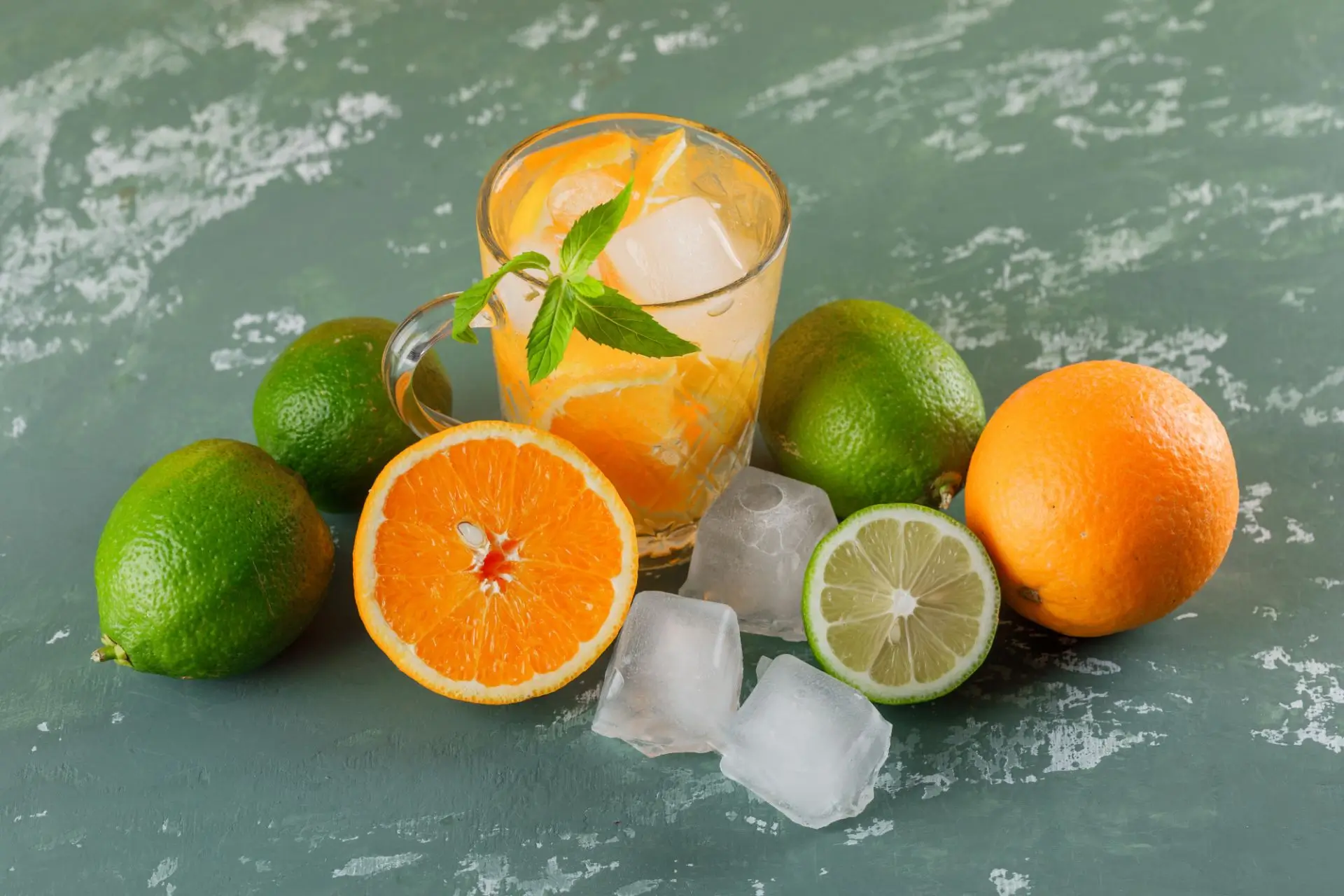
Some of the best citrus fruits include oranges, grapefruits, lemons, and limes. As you may know, grapefruits can interact with certain medications, so talk to your doctor before adding grapefruit if you’re taking medication.
Beyond flavonoids, these fruits are high in vitamin C, which is important for maintaining healthy blood vessels and reducing inflammation associated with heart disease. They are also rich in fiber and various nutrients that protect the heart. And if you like grating zest into your meals, that’s even better.
Research from New Zealand found that citrus zest is even more effective at combating atherosclerosis than juice. So eat citrus as a snack, add it to salads or smoothies, or use it to flavor your water or tea. Starting the morning with a warm cup of lemon water is an excellent routine to boost immunity, improve digestion, hydrate the body, and keep your heart happy.
But if you are going to regularly drink lemon water, use a straw, because the acid in lemons can erode tooth enamel over time, so the straw can help reduce contact with the teeth. And brush your teeth before rather than after.
7. Beets
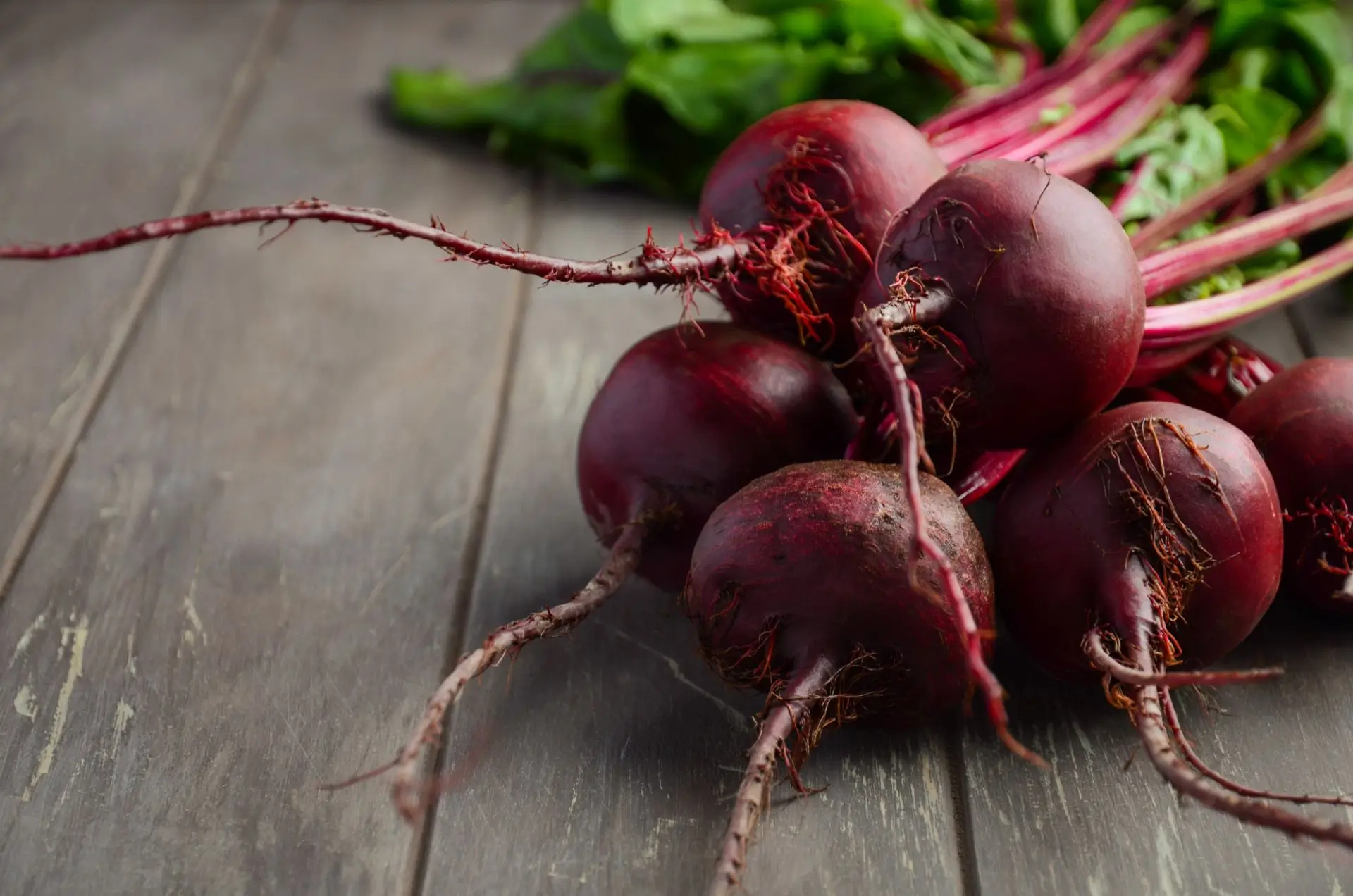
Vibrant colors are often a sign of nutrient-dense superfoods, and beets are no exception. The phytonutrient compound in beets is called betaine. That’s where the intense colors come from, giving them unique heart health benefits.
Research suggests that betaine in beets helps reduce homocysteine levels in the blood. Homocysteine is an amino acid that, when elevated, can damage blood vessels and increase the risk of heart disease.
So anything that brings homocysteine down is good, and beets are one of the best foods. 👍
Beets are also rich in nitrates, which the body converts into nitric oxide, a molecule that helps dilate blood vessels and improve blood flow.
Furthermore, studies show that beets and beet juice can help lower blood pressure, improve blood vessel function, and reduce inflammation, which are key factors in maintaining healthy arteries.
While beets offer many health benefits, some people may need to take precautions when consuming them because they are high in oxalates, which can contribute to kidney stones in susceptible individuals.
TIP! 👍
Incorporating more beets into your diet can be easy and enjoyable. You can roast them, boil them, or grate them raw into salads. And if you’re looking for a fun fact to impress your friends, did you know that beets were once used as a natural dye for clothing?
6. Nuts and seeds
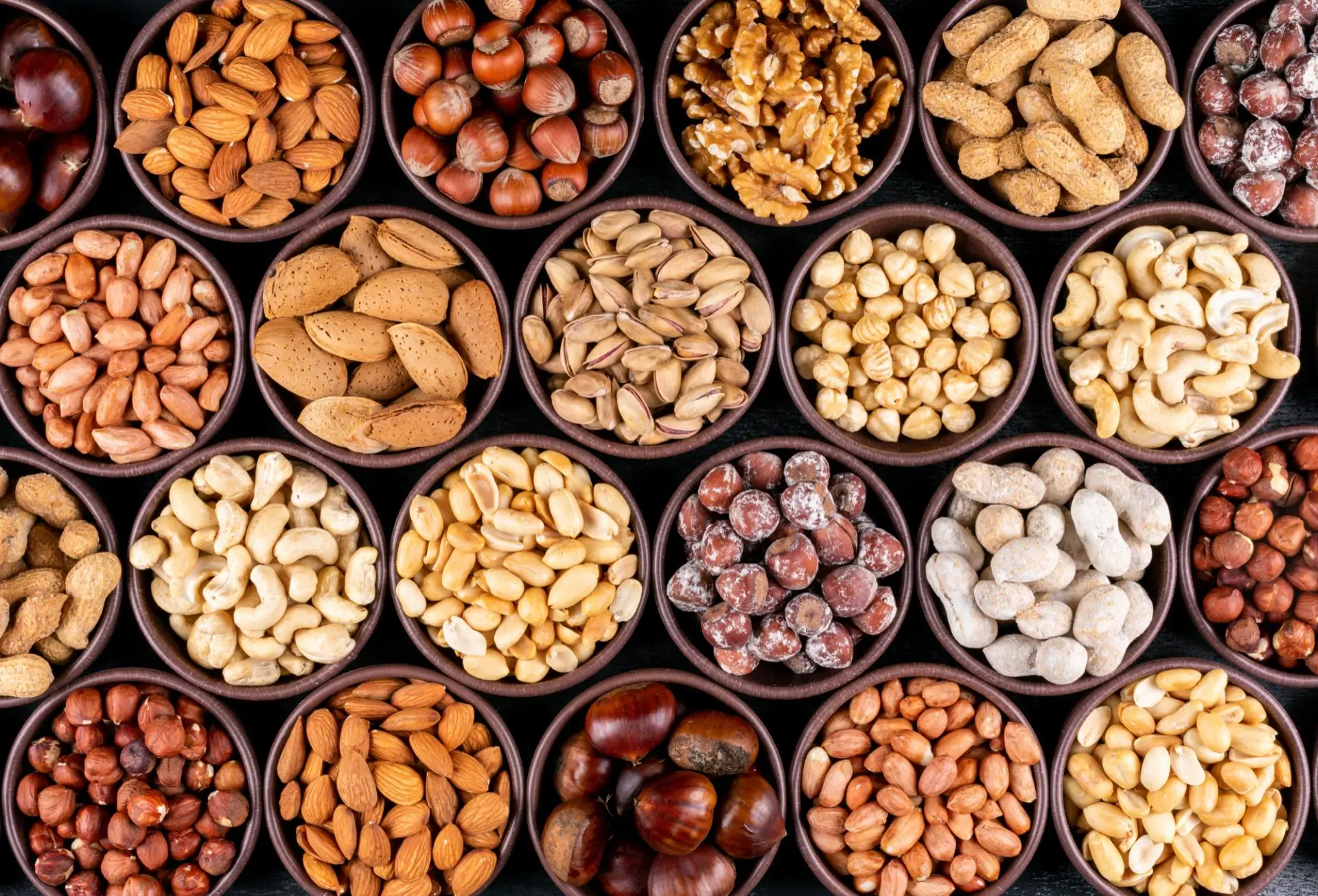
These are excellent for promoting flexible arteries, vibrant skin, a sharp mind, and a thriving body all around. These little powerhouses of nutrition are packed with heart-healthy fats, protein, and fiber that work together to nourish your body and keep it in tip-top shape.
Not only that, but research has also shown that they possess anti-inflammatory properties and can work wonders on your blood lipid profiles, improving your overall health and well-being, so if you’re looking for a delicious and nutritious way to boost your health, look no further than these fantastic marvels of nature!
While there are many nutritious options, some of the best for arteries include walnuts, almonds, hazelnuts, macadamia nuts, chia seeds, flax seeds, and pumpkin seeds.
- Walnuts are high in omega-3 fatty acids, and almonds are a great source of vitamin E, which has various heart health benefits.
- Chia and flax seeds are rich in soluble fiber and alpha-linolenic acid, facilitating atherosclerosis-related inflammation.
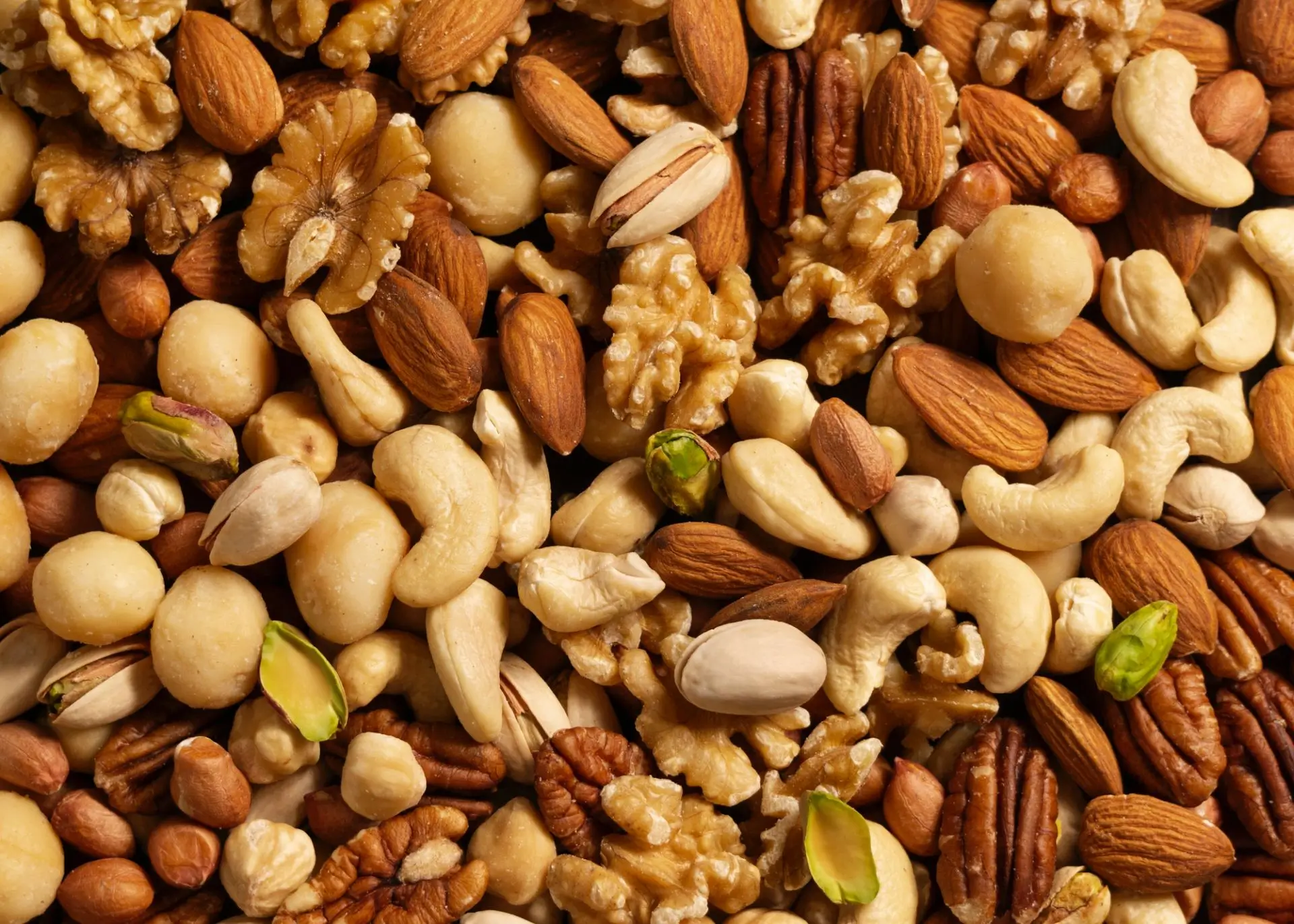
There’s a plethora of research on the various health benefits of nuts and seeds. Imagine having a tasty and healthy snack that not only satisfies your cravings but also reduces your risk of various diseases.
Well, a recent meta-analysis study published in the esteemed journal BMC Medicine revealed that consuming as little as 28 grams of nuts daily, equivalent to a small handful, could significantly lower your chances of developing cardiovascular disease, cancer, kidney disease, neurodegenerative disease, and even infectious disease. So, next time you need a snack, reach for some nuts and give your body the gift of good health!
Another study published in the Journal of Cardiovascular Pharmacology found that flaxseed reduced the development of hypercholesterolemic atherosclerosis by up to a whopping 74%. This suggests that eating just a small amount of flaxseed per day could be hugely beneficial for improving overall cardiovascular health. Just make sure to eat ground flaxseed rather than whole, as whole flaxseeds are difficult for the body to digest.
5. Beans and Legumes
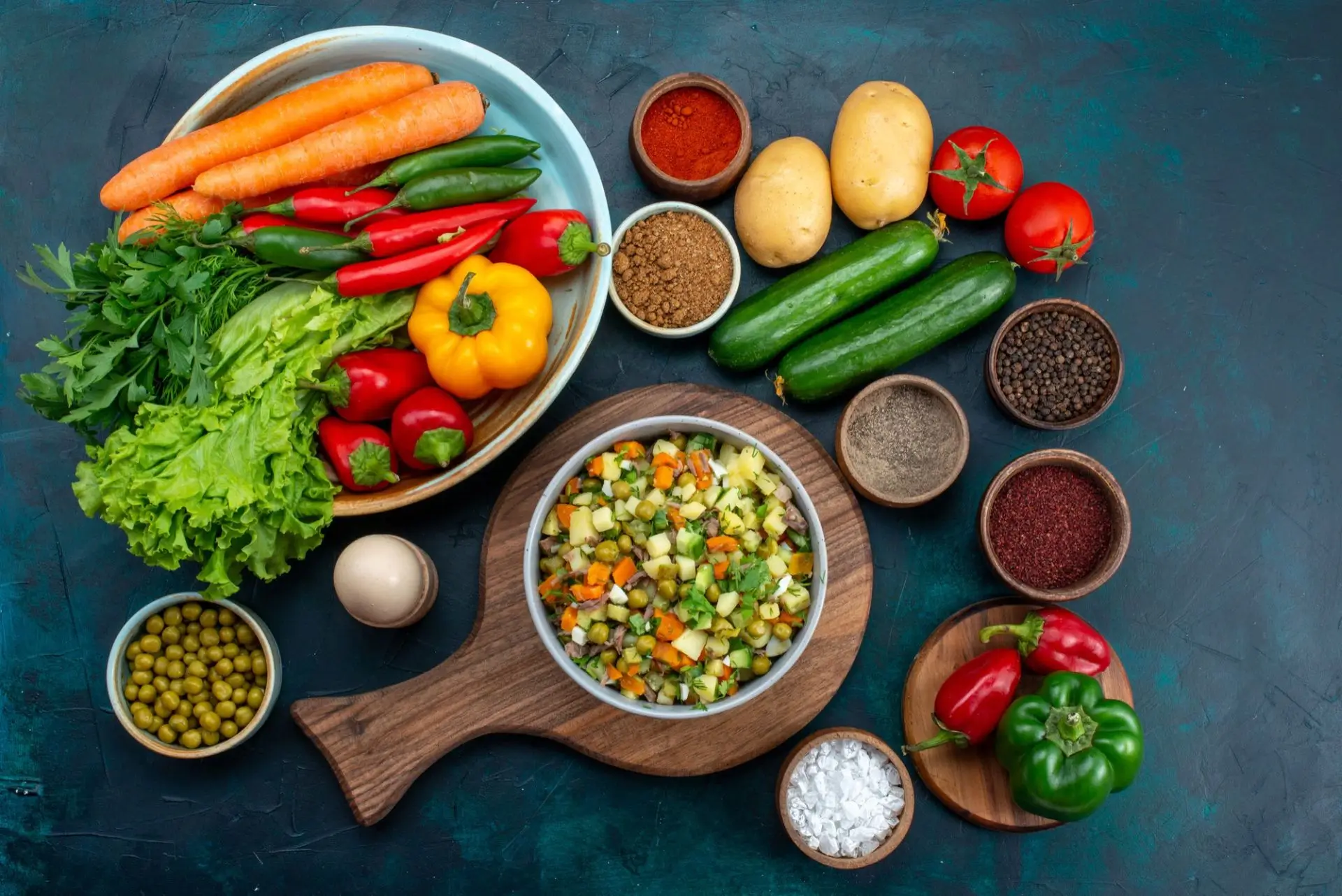
These are the triple threat of the food world: they fill you up, are versatile enough to fit into any dish, and are super healthy, making them the true MVPs of any diet. 🙂
They are rich in fiber, protein, and minerals and have been shown to reduce blood pressure, improve cholesterol profiles, and decrease inflammation. Now you might be thinking, “Hold on, I thought beans were inflammatory.” Yes, they do contain lectins, which are inflammatory, but according to scientists from Harvard University, by soaking beans in water for several hours and then cooking them at a high temperature, most of the lectin is deactivated. Just avoid simmering or cooking them at a low temperature.
A 2007 study published in the Journal of the American College of Nutrition found that eating half a cup of pinto beans each day significantly reduced the markers of cardiovascular disease. Another study published in the journal Atherosclerosis showed that daily legume consumption actually reversed vascular impairments due to peripheral artery disease.
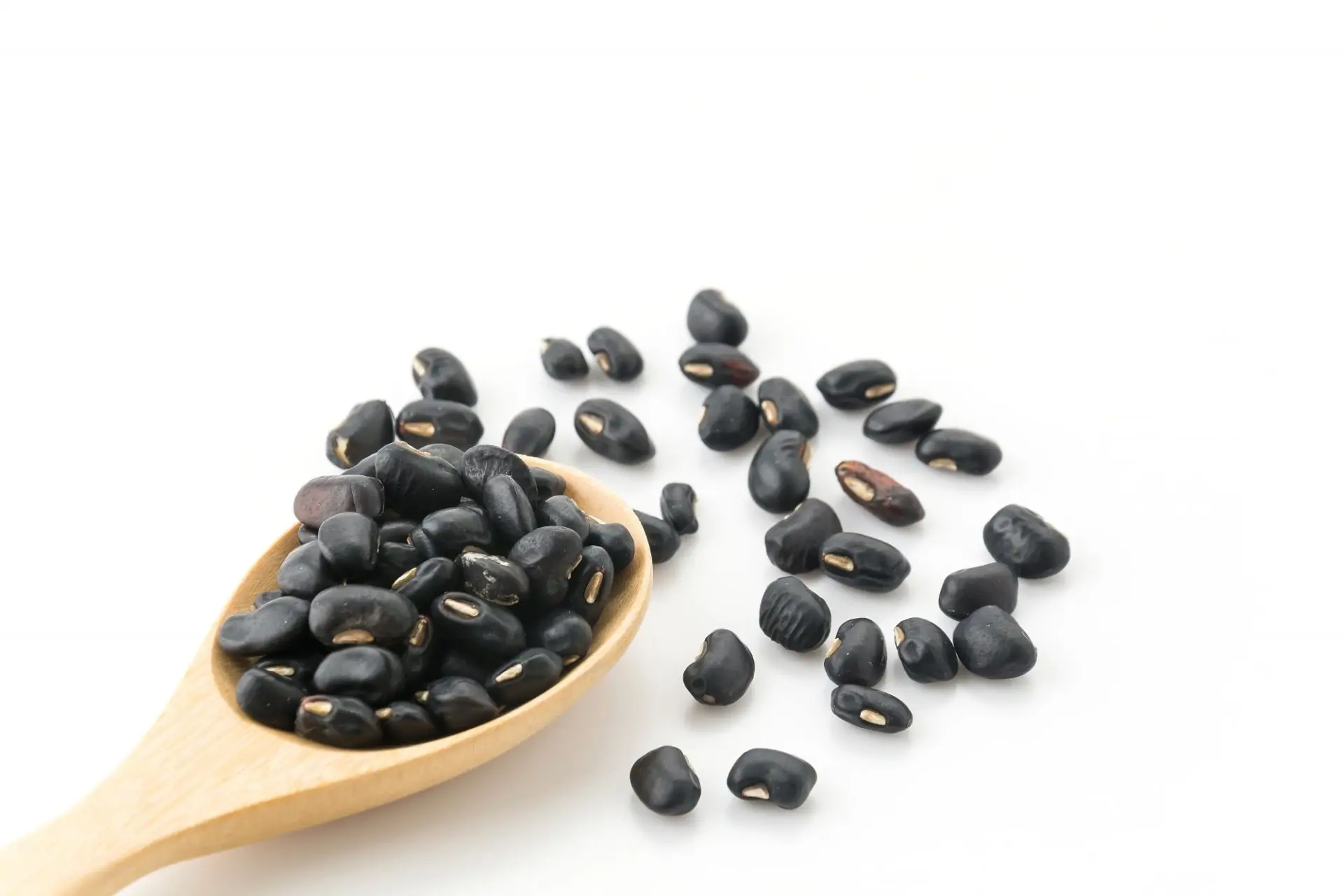
Black beans have been found to alter the gut microbiota beneficially, ultimately preventing the insulin resistance associated with type 2 diabetes. Lentils are a rich source of iron, and chickpeas, green peas, and kidney beans also have various beneficial properties for heart health.
Incorporating more beans and legumes into your diet can be easy when you get creative. Just add them to salads, soups, or stews, make bean burritos, or try a Brazilian-style bean side dish.
4. Garlic and Onions
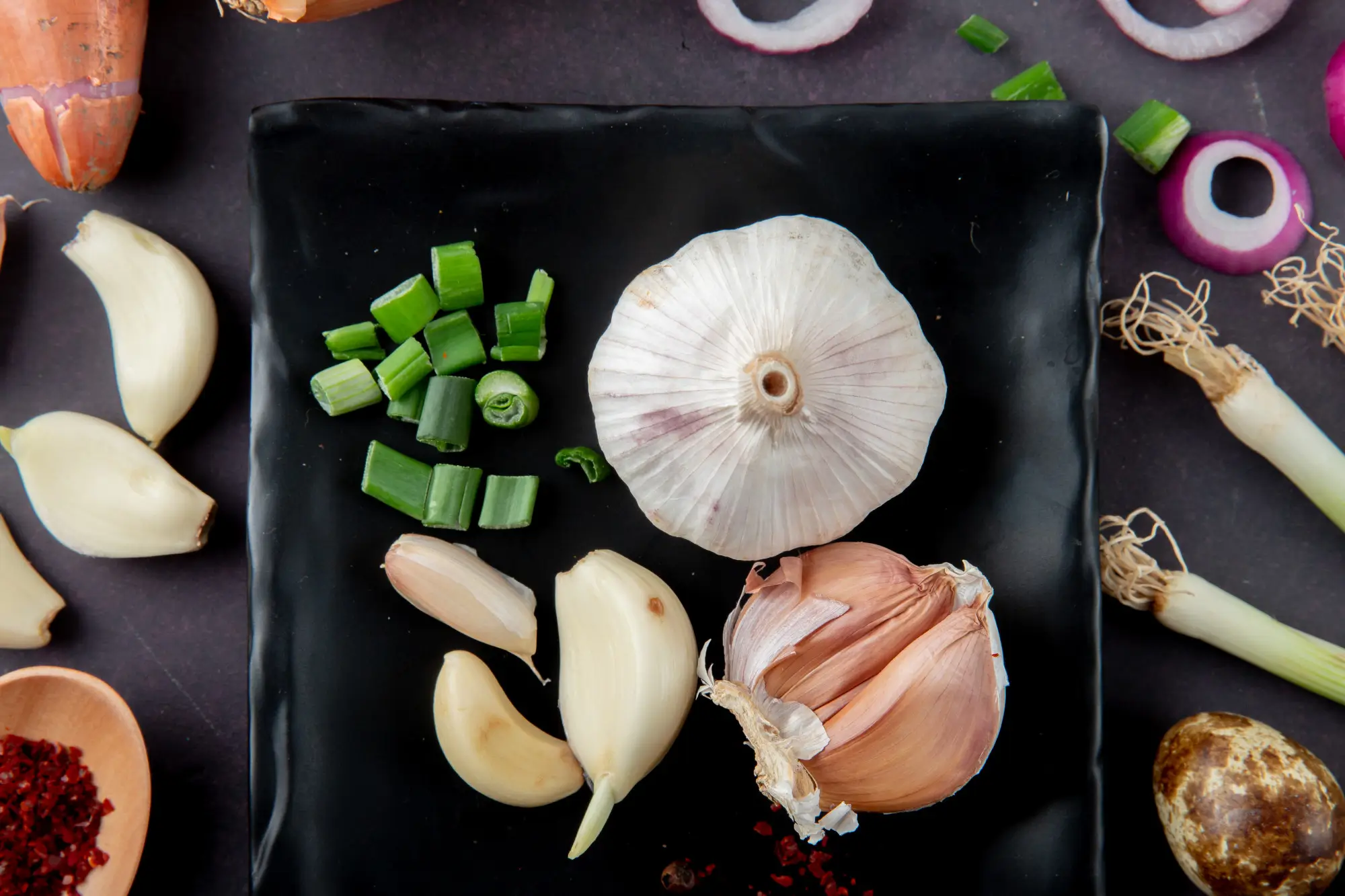
These are two culinary staples that are also excellent for artery health. Both are rich in compounds that have anti-inflammatory, antioxidant, and antimicrobial properties. One of the key compounds in garlic is allicin, which is responsible for its distinctive aroma and flavor.
Allicin has been shown to have a number of health benefits, including reducing inflammation and preventing plaque buildup in the arteries.
To maximize the health benefits of garlic, chop or crush the cloves and then let them sit for ten minutes before cooking. This allows the allicin to activate and provide the maximum benefits. Onions are rich in quercetin and sulfur compounds. These have potent cardioprotective effects.
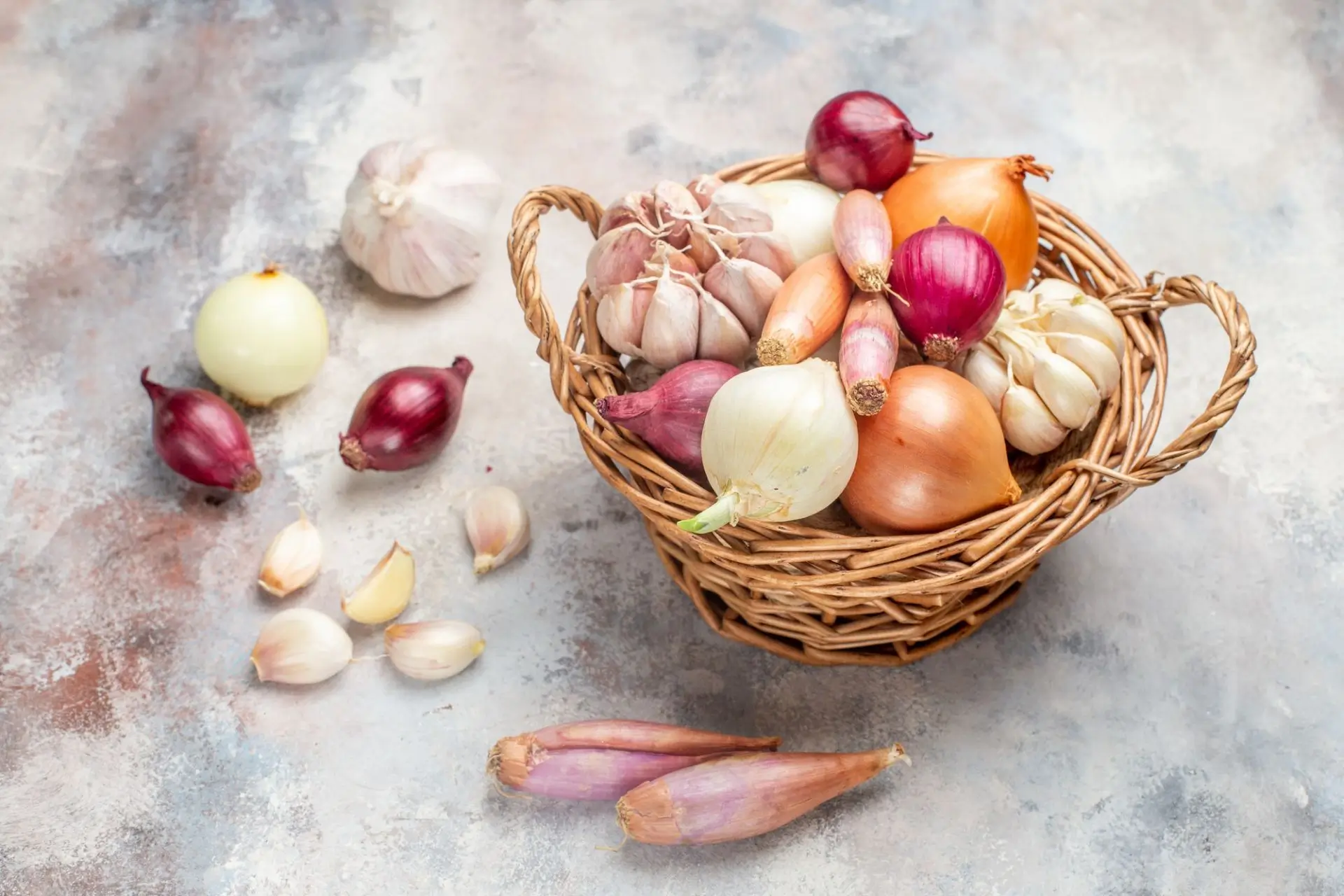
Garlic and onion are two of the most extensively researched foods, with numerous studies showing benefits for lowering blood pressure, improving cholesterol profiles, preventing heart disease, boosting immune function, improving bone health, enhancing brain function, reducing the risk of neurodegenerative diseases, fighting off infections, and protecting against various types of cancer. Plus, they bring joy to the world by making meals taste and smell delicious.
3. Spices
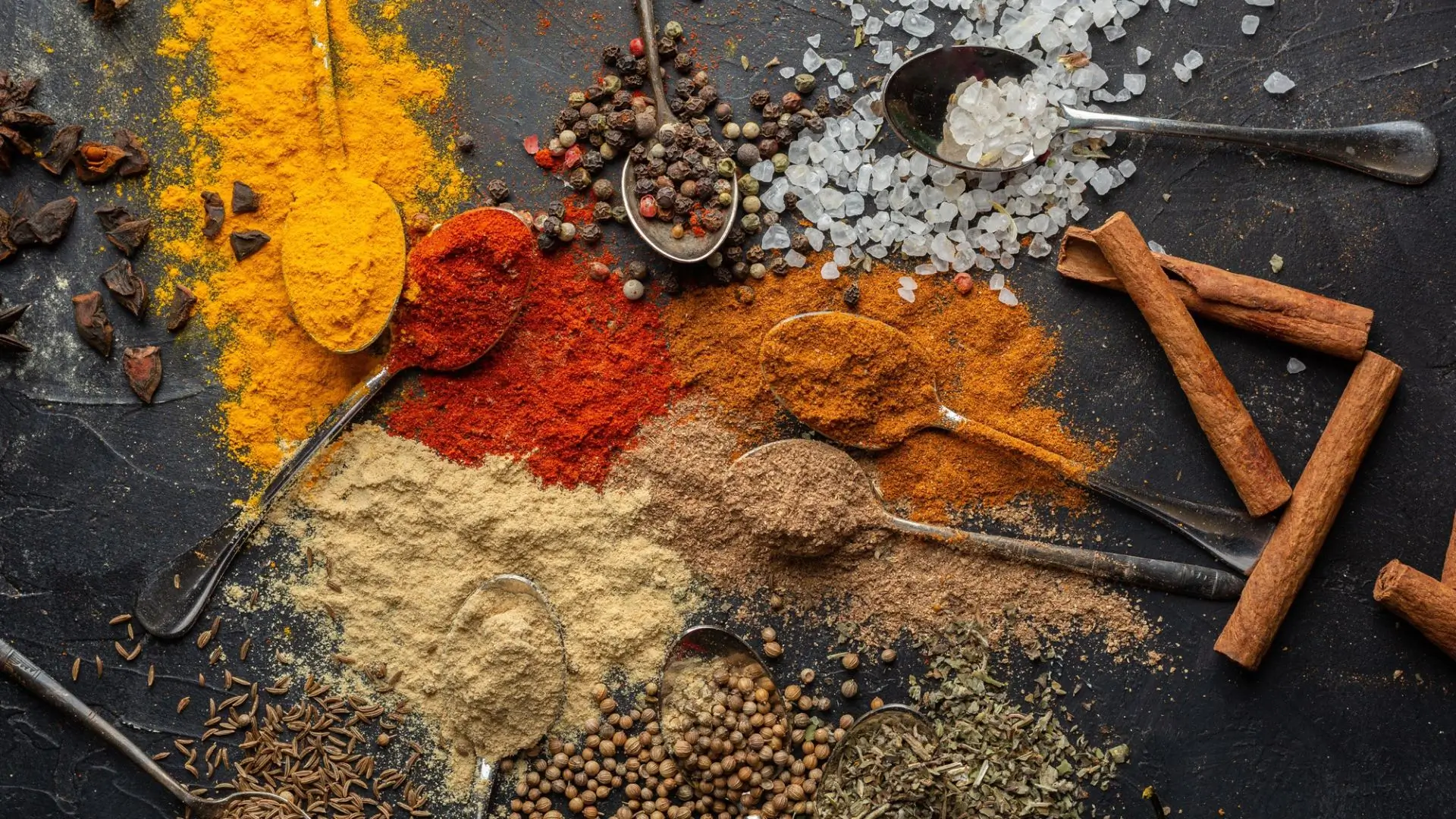
Just like garlic, spices transform the flavor of meals and deliver potent health benefits. In fact, they take the prize for the highest antioxidant density of any food.
Turmeric, for example, is the ultimate anti-inflammatory food and has been shown to reduce artery inflammation as well as suppress foam cell generation associated with atherosclerosis. Likewise, cinnamon is anti-inflammatory and pivotal in reducing high blood pressure.
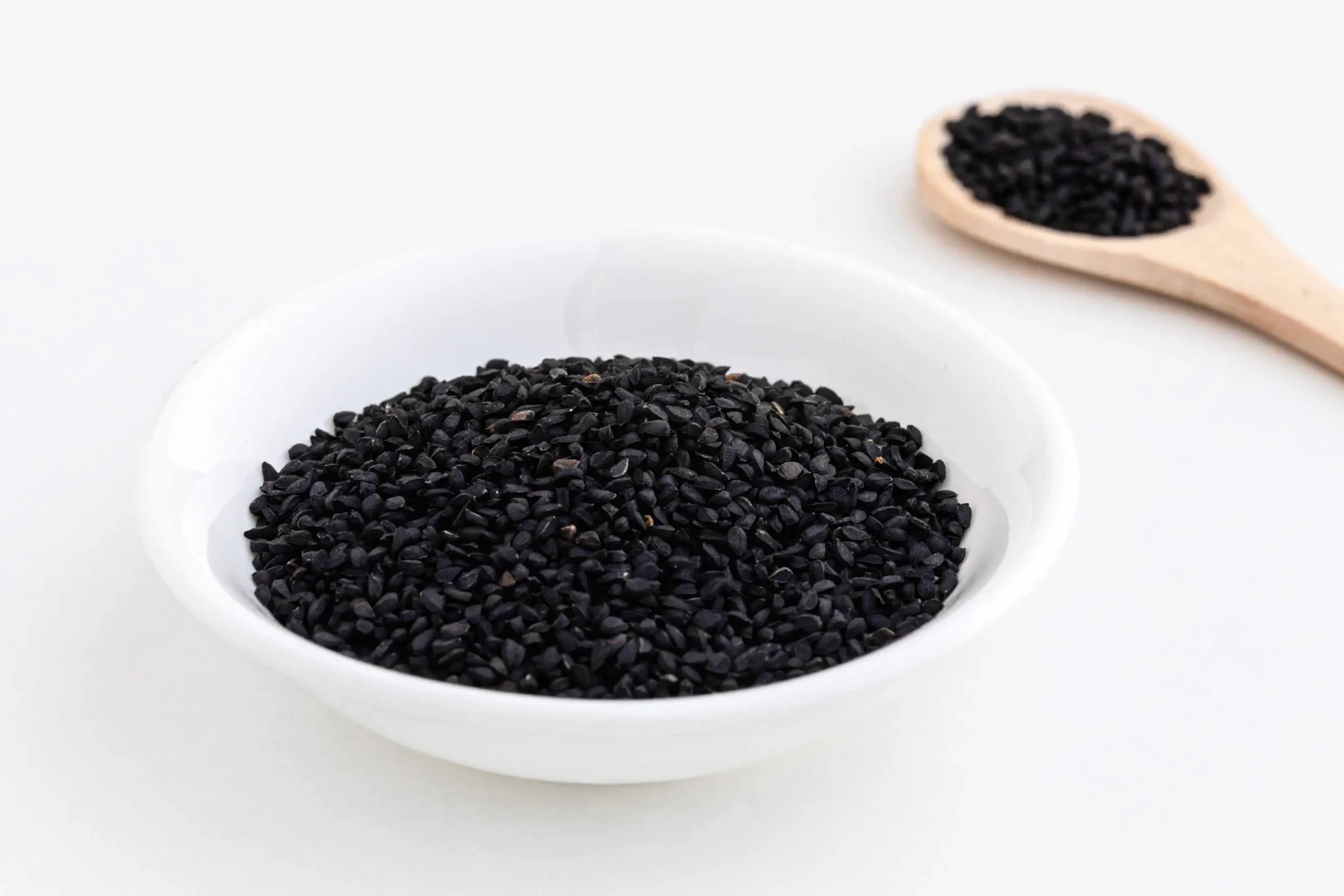
photo credit: https://www.verywellhealth.com/nigella-sativa-89064
Finally, a less famous but exciting spice is Nigella sativa, which has been shown to have potent benefits for improving asthma symptoms and blood sugar control and is the root cause of most diseases and inflammation.
The power of spices is summed up perfectly by the following extract from the Asian Pacific Journal of Tropical Biomedicine. They concluded that due to its miraculous healing power, Nigella sativa ranks among the top-ranked evidence-based plants.
Herbal medicines and spices have long been used for their medicinal properties, and the science is precise: a little spice can assist in every health area.
2. Extra virgin olive oil (one of the healthiest oils to include in your diet)
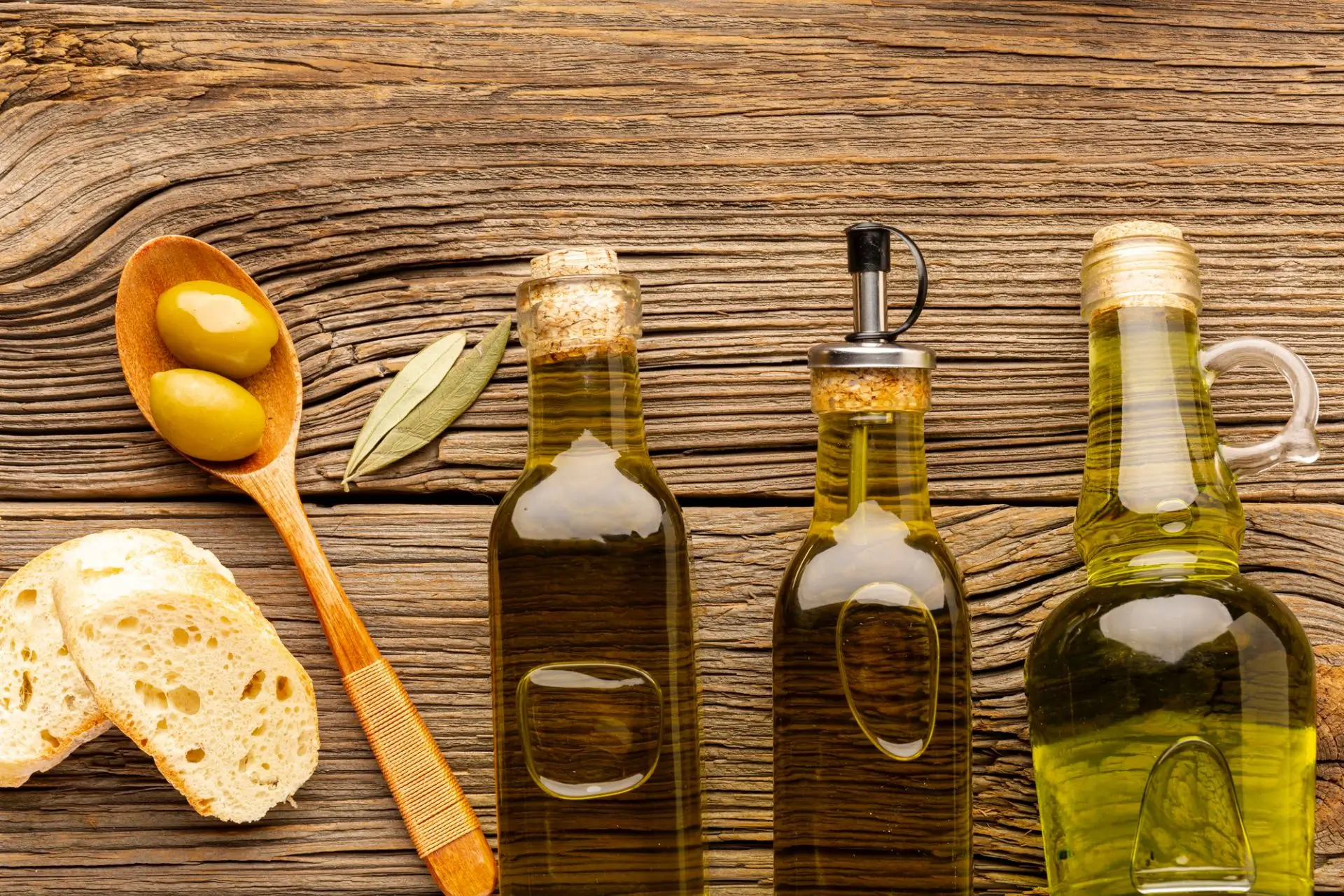
While many vegetable and seed oils easily go rancid, leading to cell damage in the body, monounsaturated olive oil does not. Studies have shown that oleic acid, the significant component of extra virgin olive oil, can help protect against atherosclerosis by reducing inflammation and improving endothelial function.
In addition to oleic acid, extra virgin olive oil contains other bioactive compounds, such as polyphenols and phytosterols, which protect against atherosclerosis.
TIP! 👍
When choosing olive oil, go for extra-virgin options that are cold-pressed. This means that the oil is extracted without the use of heat or chemicals, preserving its natural flavor and nutritional properties. Additionally, store your oils in a cool, dark place to preserve freshness and prevent oxidation.
1. Cruciferous Vegetables
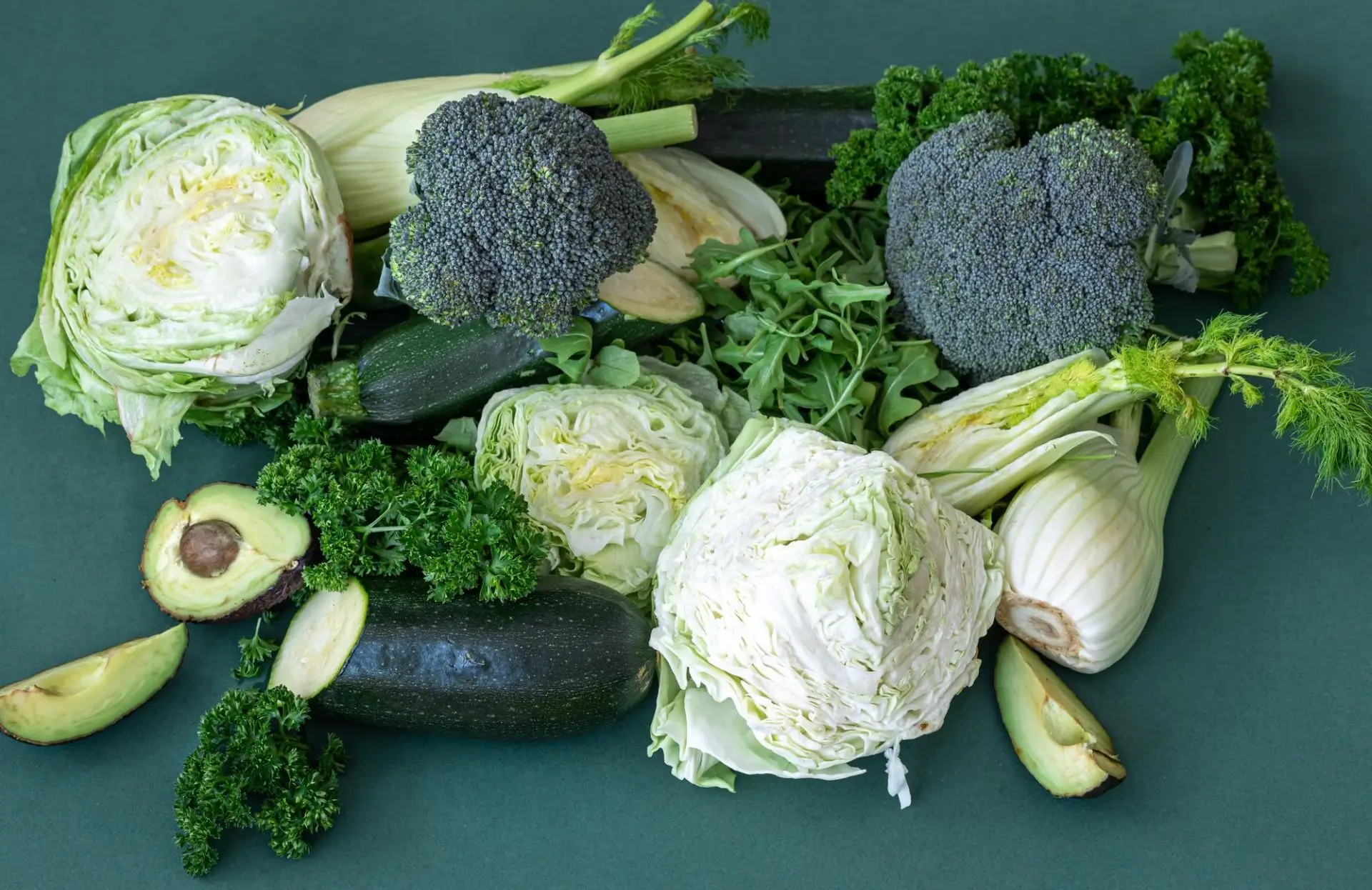
These are the superstars of the veggie world when it comes to artery health. That’s why Dr. Lauren Blkenhorst from the National Heart Foundation of Australia describes them as possibly the most important food for preventing advanced blood vessel disease.
Likewise, some cardiologists recommend eating cruciferous vegetables every day.
The best cruciferous vegetables include broccoli, cauliflower, Brussels sprouts, kale, cabbage, and arugula. These veggies are packed with nutrients and bioactive compounds. One of the key compounds is sulforaphane, which protects the arteries, brain, eyes, and other systems in the body.
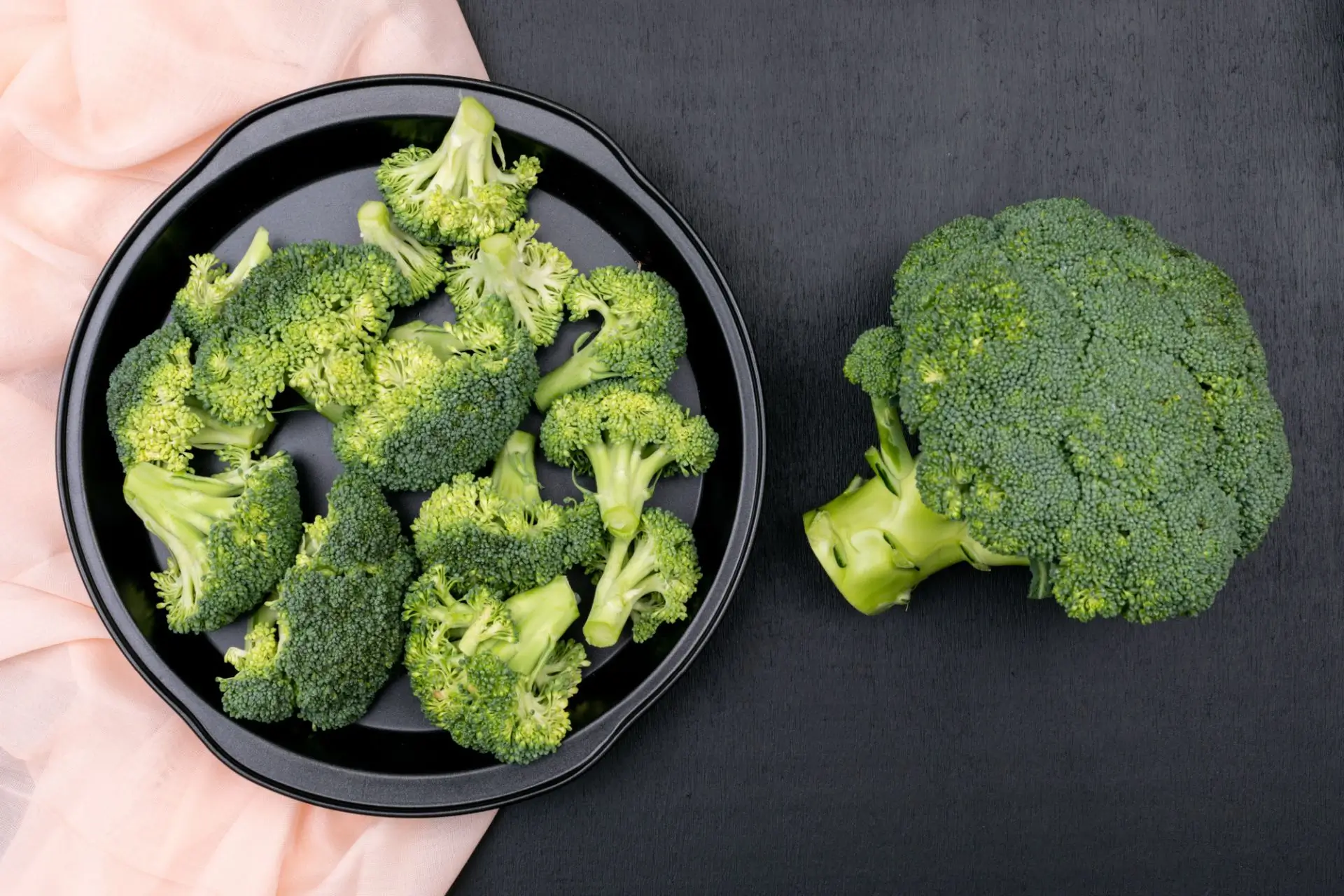
TIP! 👍
To get the most out of these amazing veggies, chop them and let them sit for half an hour before cooking. If you’re making broccoli soup, blend the broccoli before cooking it. Breaking the surface releases an enzyme that activates the sulforaphane, making it bioavailable for your body to use. Alternatively, eat some raw.
What are your favorites? Do you have any tricks for getting more of these into your diet?
Key Takeaways!
– Atherosclerosis is caused by smoking, poor diet, stress and lack of exercise. By consuming a broad range of whole foods, you will be on the right track.
– Leafy greens are among the most nutrient-dense foods, especially beneficial for atherosclerosis. Some citrus fruits can interact with certain medications, so talk to your doctor before adding grapefruit if you’re taking the medication. Some people may need to take precautions when consuming beets.
– Beans and legumes are the triple threat to the food world. They are rich in fiber, protein, and minerals and have been shown to reduce blood pressure, improve cholesterol profiles, and decrease inflammation. Garlic and onions are also excellent for artery health. A little spice can assist essentially every area of health.

